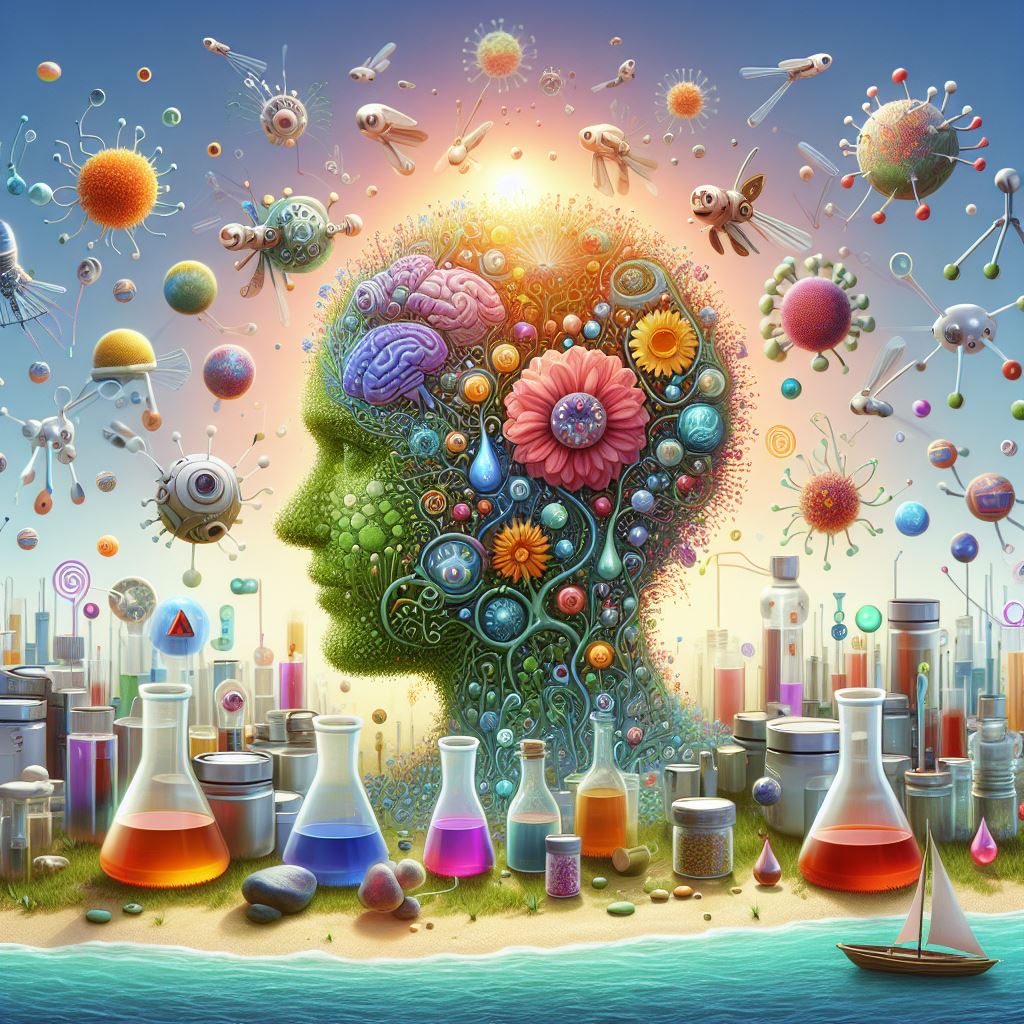
Generative AI, a transformative technology known for enhancing various industries, is increasingly making strides in the realms of science and engineering, particularly when combined with biology. Stef van Grieken emphasizes the need to unite AI engineers and biologists in a shared pursuit of positive societal impact.
The synergy between generative AI and biology holds immense potential, offering solutions to minimize industrial processes' environmental footprint. Synthetic biology, valued at €10.4 billion in 2022, could revolutionize production processes, with McKinsey Global Institute projecting that 60% of human consumption could be biology-based.
Various companies are already leveraging synthetic biology in critical industries such as materials, chemicals, food, agriculture, and pharmaceuticals. Perfect Day, for instance, produces bio-based milk with significantly reduced carbon emissions compared to traditional methods.
Addressing Food, Chemicals, and Materials
Lab-grown food products, like those produced by Perfect Day, offer a sustainable alternative to traditional animal-based products. Additionally, bio-based chemicals, exemplified by Solugen's innovative processes, have the potential to substantially reduce global reliance on fossil fuels.
Synthetic biology extends its influence to materials, including low-carbon concrete that absorbs CO2 and enzymes breaking down plastics like PET commonly found in bottles. While these advancements show promise, commercialization and widespread application hinge on substantial investments.
Accelerating Research and Development
The integration of generative AI into synthetic biology accelerates research and development processes. By training AI models on DNA sequences and experimental results, scientists can predict the most suitable DNA sequences for proteins, enhancing the efficiency of protein engineering.
Companies like LanzaTech and Zero Coffee are already experimenting with generative AI models to design DNA sequences for various applications, from clothing to jet fuel. The potential for software to provide AI models for synthetic biology companies, such as Cradle's platform, streamlines protein-based product development.
The Future Landscape
The generative AI in biotech market, valued at nearly €50 million in 2022, is poised for growth. However, its impact must be contextualized within the broader synthetic biology market. A crucial imperative is the collaboration between AI engineers and biologists to address societal challenges.
While generative AI in biology holds promise, mitigating the climate crisis necessitates a holistic approach, combining policy changes, technological innovations, and significant investments. Cross-sector collaboration involving governments, investors, Big Tech, and emerging startups is vital for generative AI to contribute meaningfully to addressing the climate crisis.